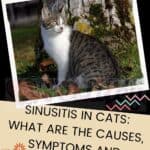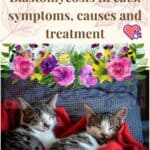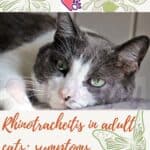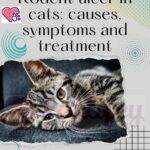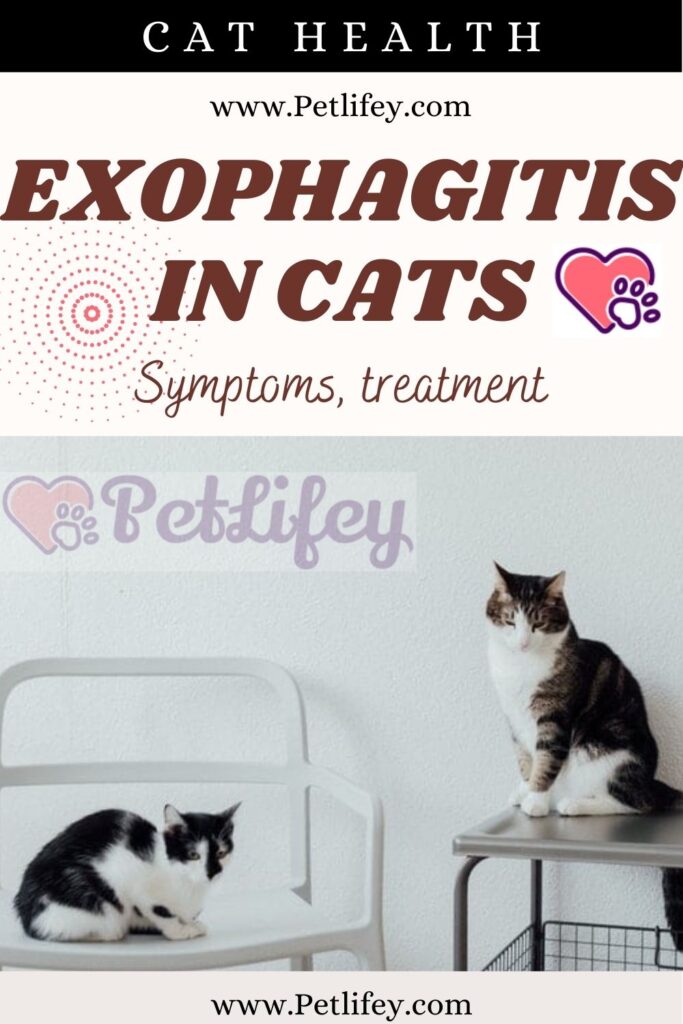
Esophagitis is inflammation of the esophagus. The causes of the disease are many but none are related to age, sex and race.
What are the causes?
- frequent vomiting
- intake of toxic or irritable substances
- Hiatal hernia
- Esophageal neoplasm
- Foreign body in the esophagus
- Reflux of secondary gastric or intestinal juice
Knowing how to describe our cat’s symptoms well and report them to the vet will be of vital importance to be able to make a diagnosis of the disease. Specific diagnostic tests are needed to confirm a diagnosis of esophagitis.
What are the Symptoms of Esophagitis?
- Excessive salivation
- Lack of appetite
- Discomfort in swallowing
- Cough
- Regurgitation
The extent of the symptoms and their recurrence depends on the severity with which they occur. If a cat has reflux esophagitis and is neglected by the owner, it will be easy to run into a vicious circle of: discomfort in eating, difficult swallowing, weight loss, hypoglycemia and coma. Cases of death are rare, but in wild and stray animals these pathologies are highly disabling. The signs may not be particularly noticeable and may be present for weeks or months, or they may be extremely severe with acute onset.
How is the diagnosis made?
Since the test results, feline health and medical history are favorable, there are other conditions or symptoms that should be considered during the diagnostic process. Hiatal hernia: this is an anomaly affecting the diaphragm that causes part of the stomach to move into the thoracic cavity. Esophageal neoplasm which can be associated with inflammation and cause similar signs. Then there is the presence of esophageal foreign bodies that get stuck in the esophagus obstructing the passage of food and water. In most cases they include bones or toys, but they can also include food or other types of objects. We also find esophageal stricture that it is an abnormal narrowing of the esophagus and often occurs secondary to severe esophageal inflammation. Megaesophagus: which is a reduced esophageal peristalsis that often reduces bolus swallowing and causes esophageal reflux. A serious disorder could be Melena which involves passing dark colored stools due to the presence of digested blood, due to multiple causes, including severe esophageal inflammation, inflammation or ulceration of the oral cavity or gastrointestinal tract, or clotting disorders. Ultimately the pain due to inflammatory processes of various kinds. For example, pain in the teeth, mouth or neck can cause the same symptoms as esophagitis.
What are the appropriate therapies?
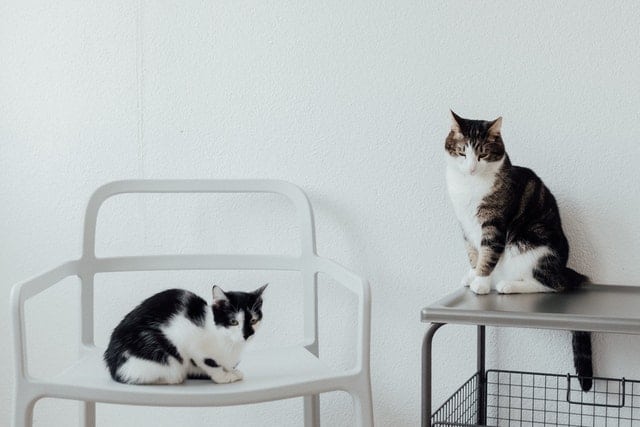
The first precaution to consider is the pain and discomfort associated with inflammation, so local analgesics and painkillers must be administered to ensure that the cat returns to eat. When we are unable to identify the causes of the problem we can consider the hypothesis of administering drugs gastric acid inhibitors or blocking agents, drugs modifying intestinal motility, diet change, gastroprotectors, antibiotic therapy in cases of secondary pneumonia, intervention surgery for foreign body removal, fluid therapy, Nutritional support with the aid of a gastric tube or parenteral nutrition.

